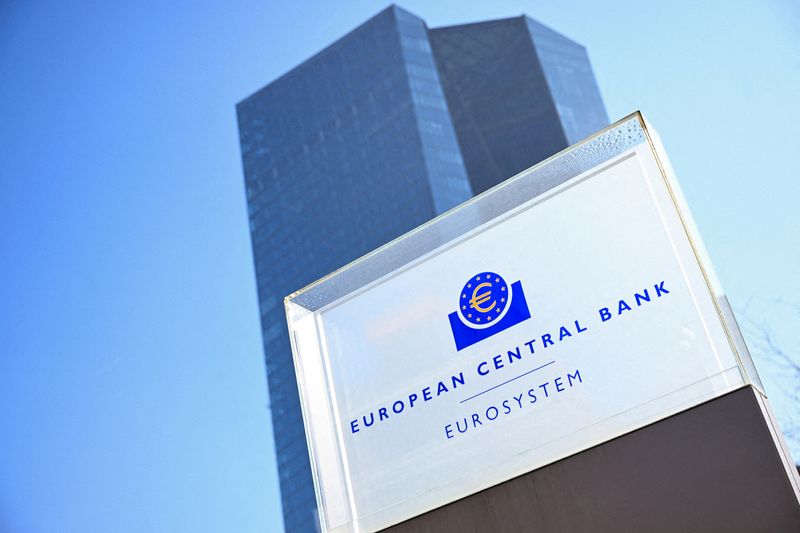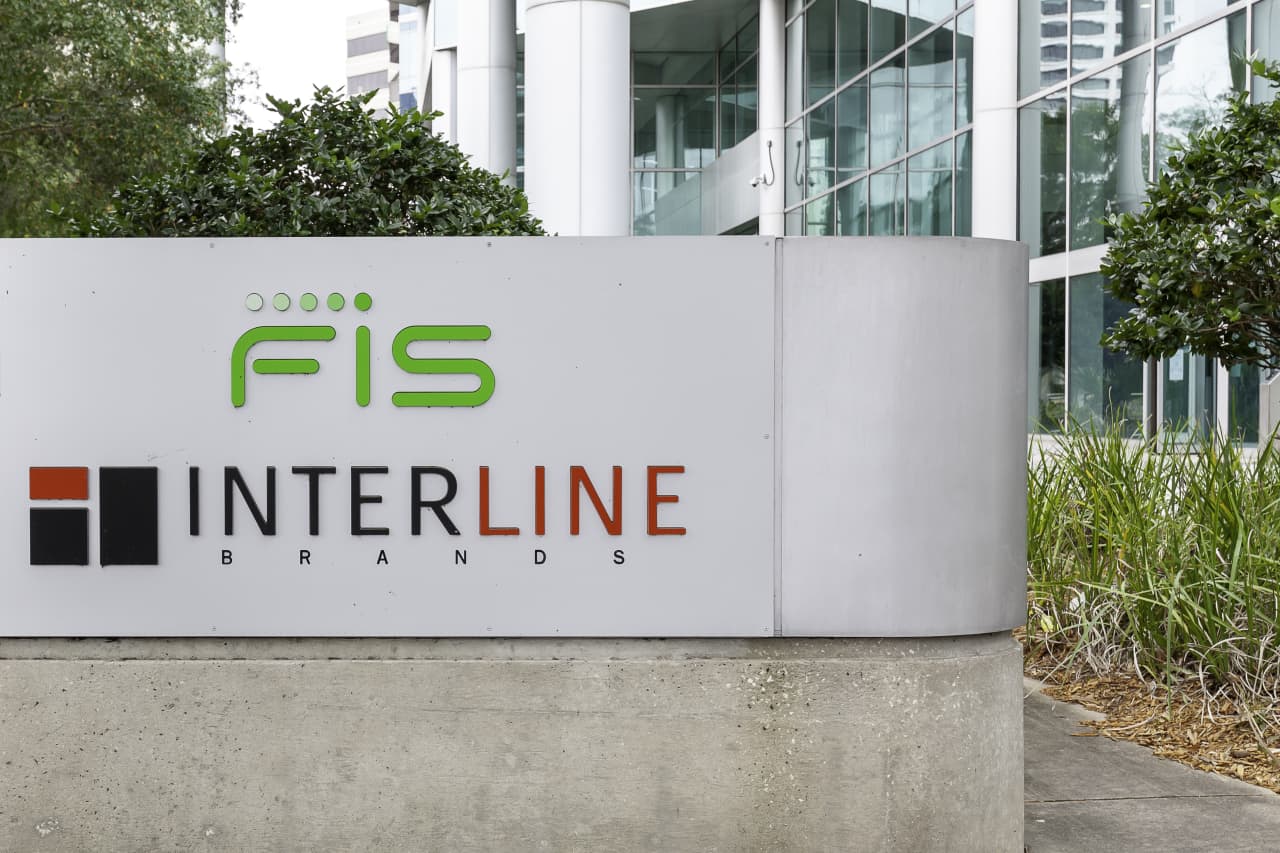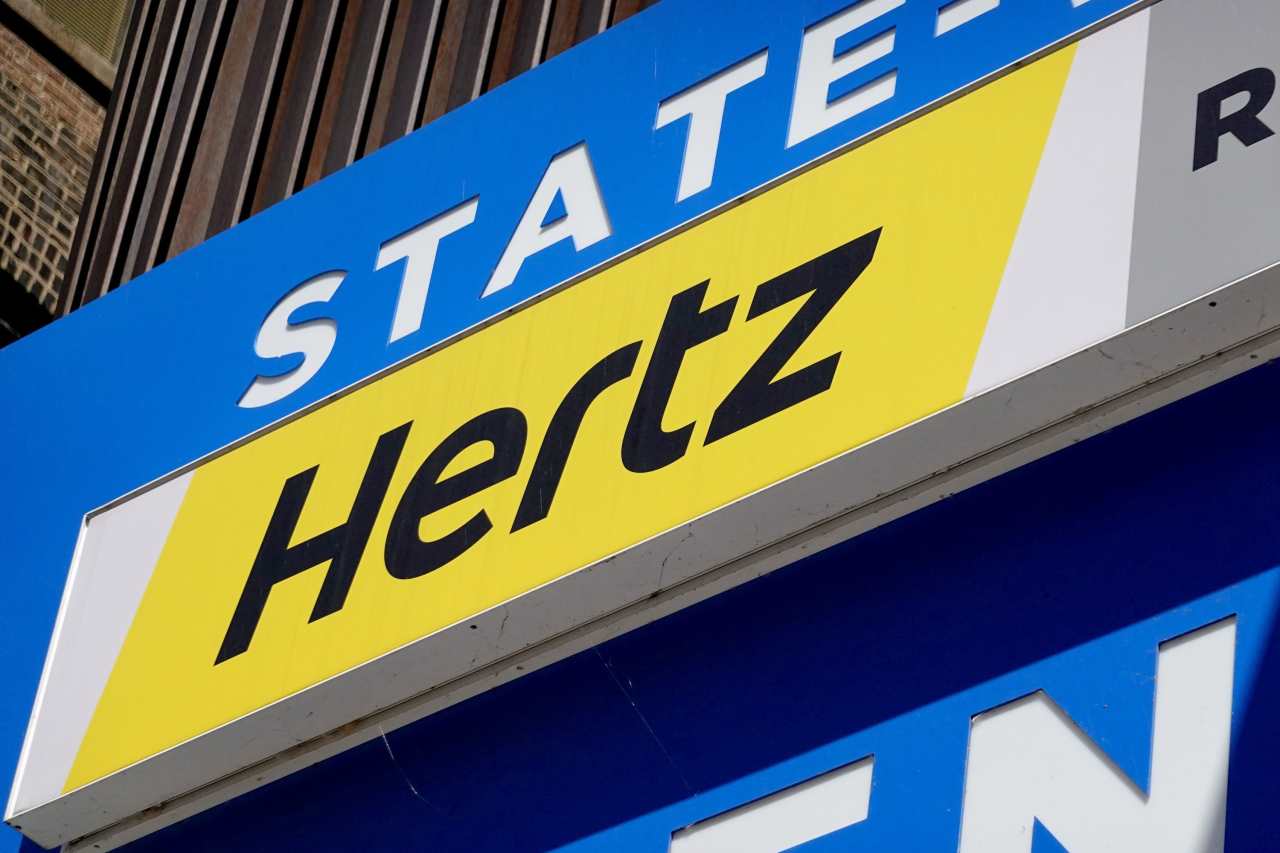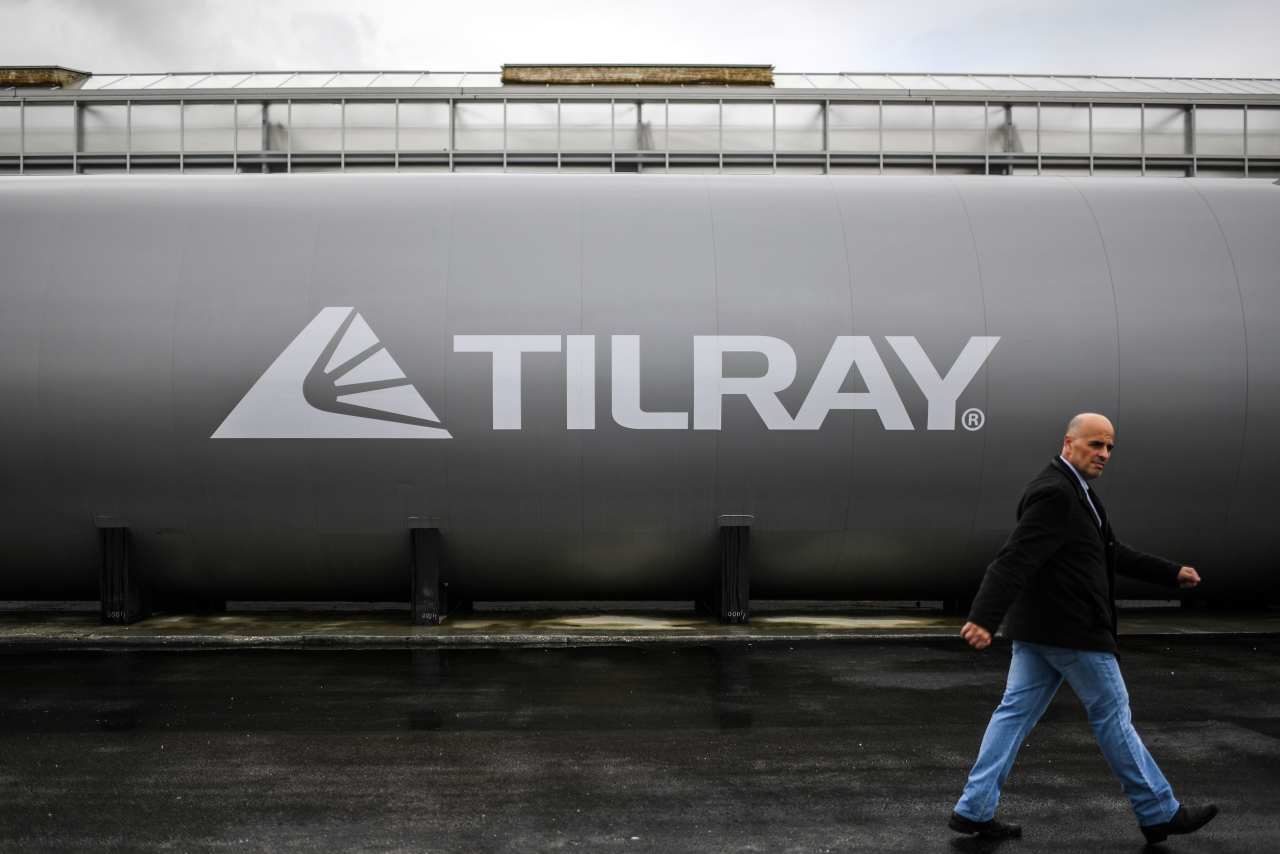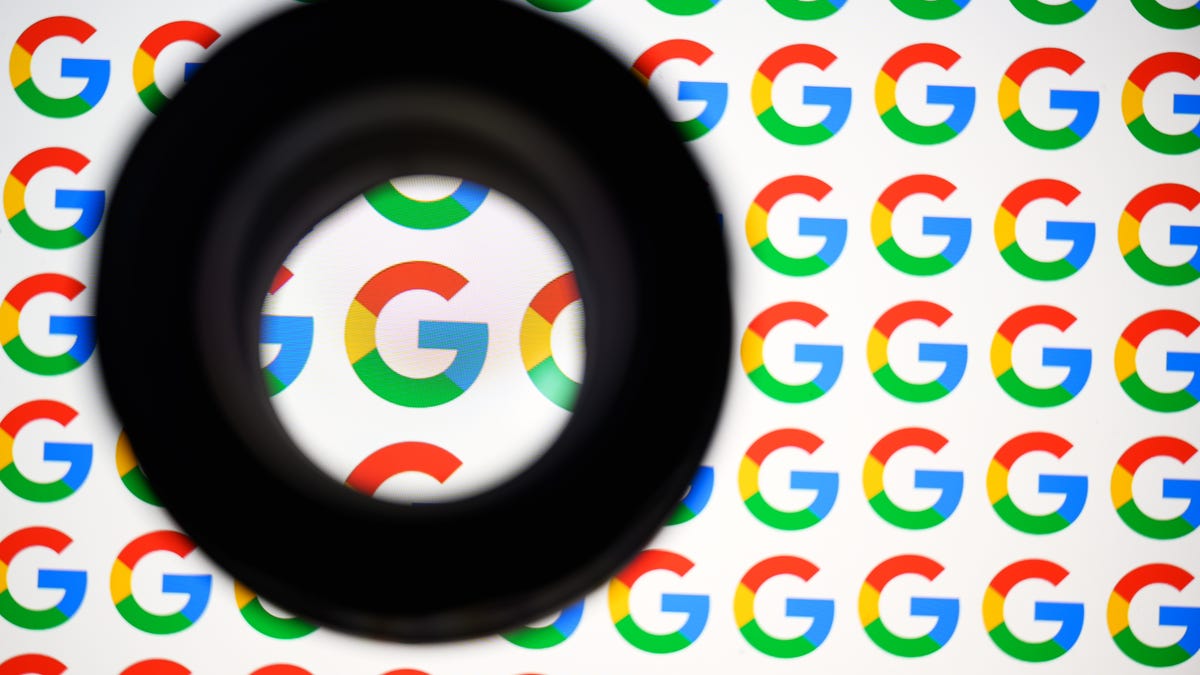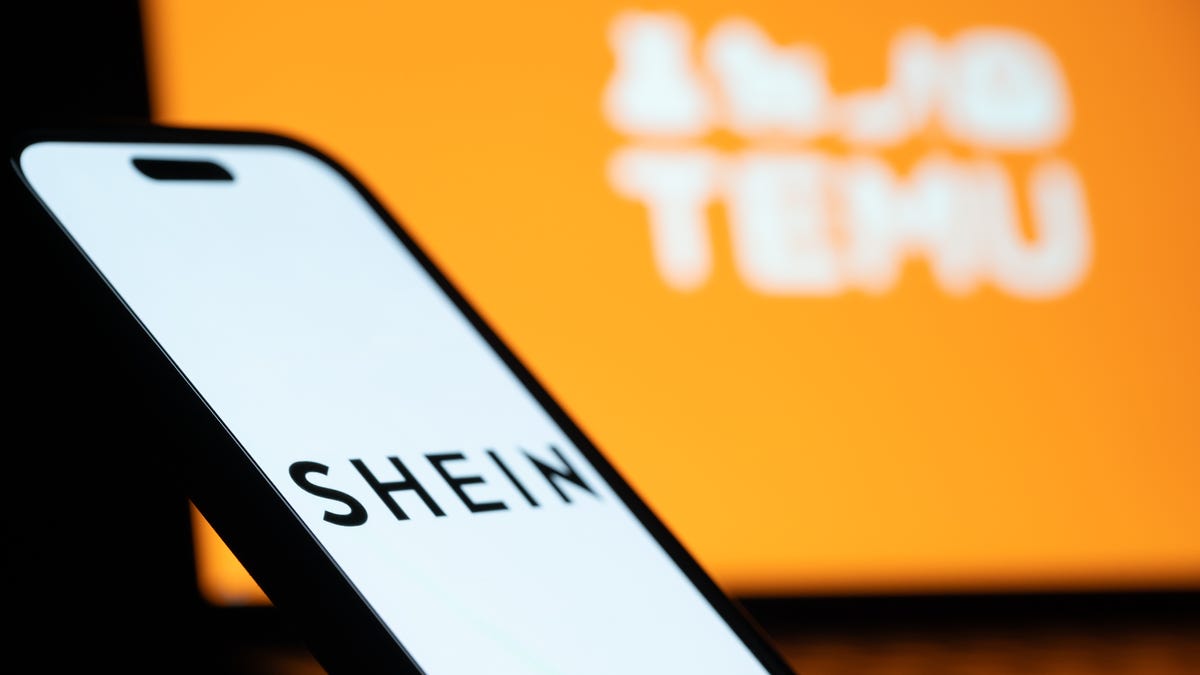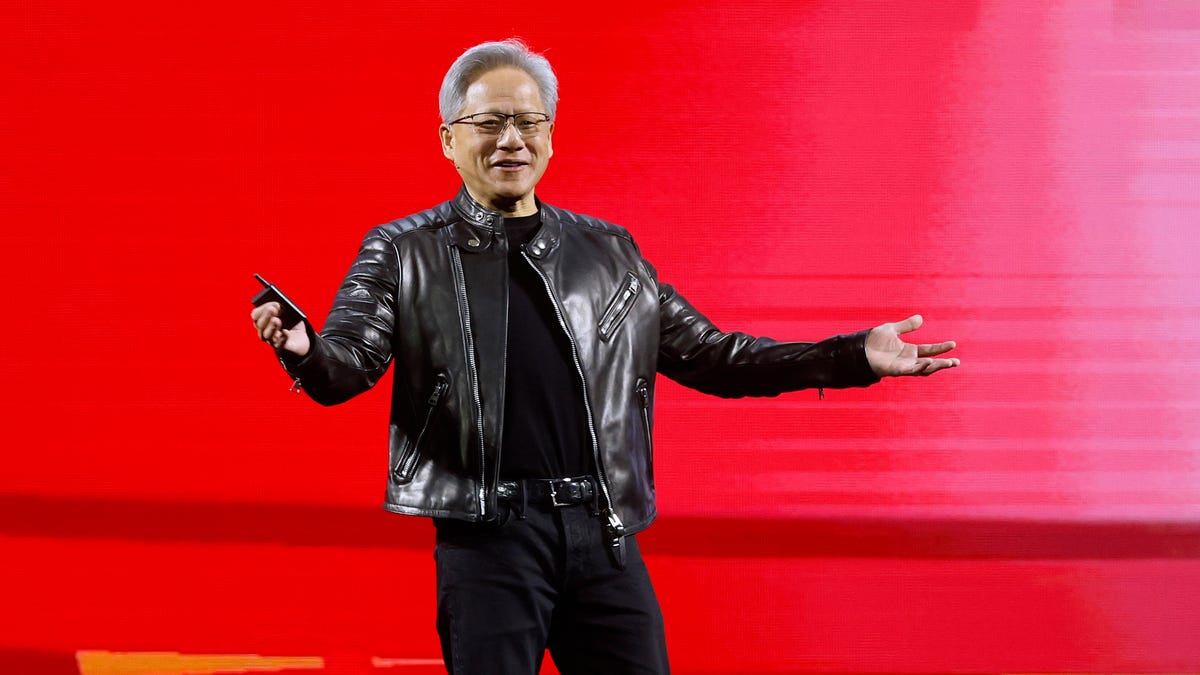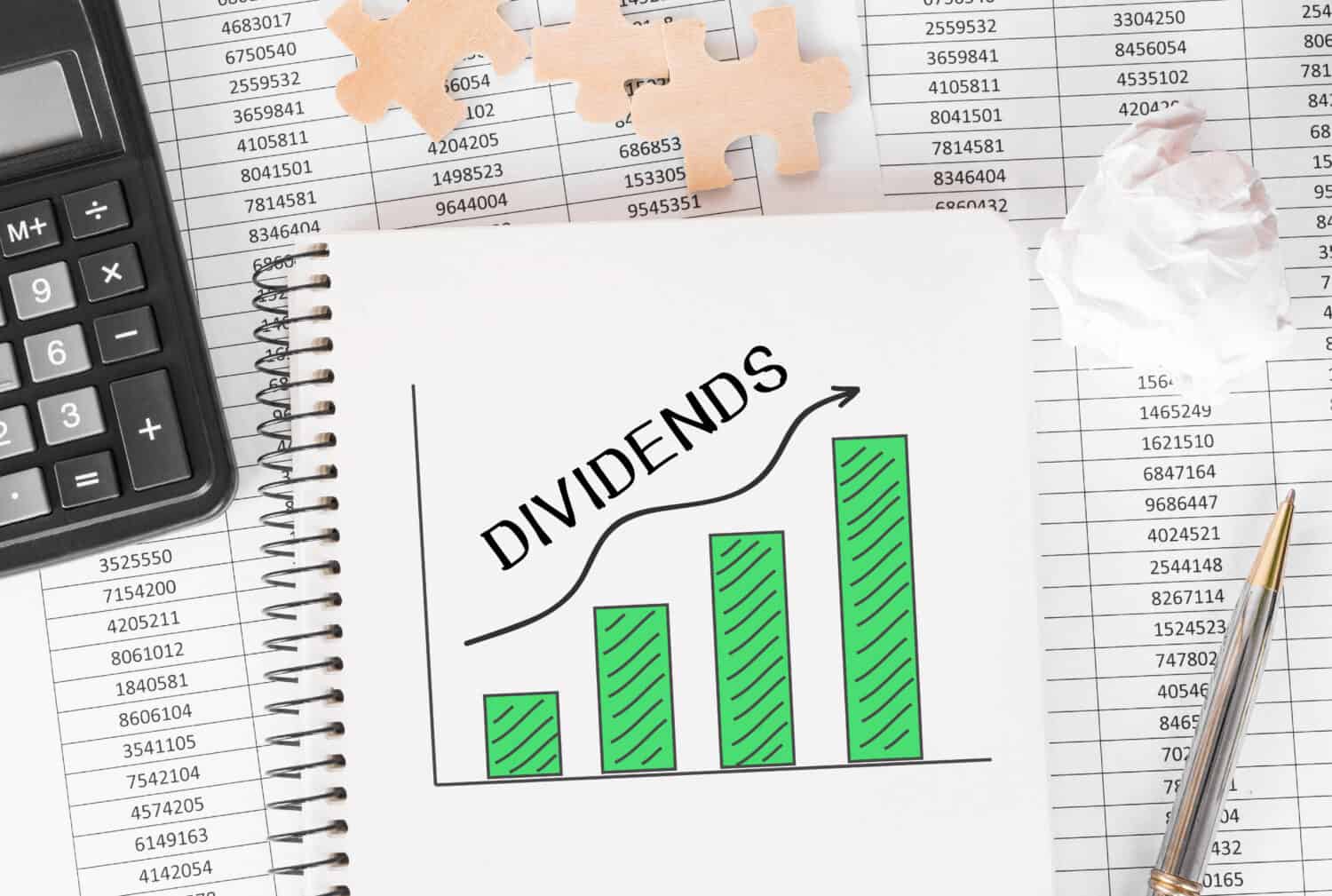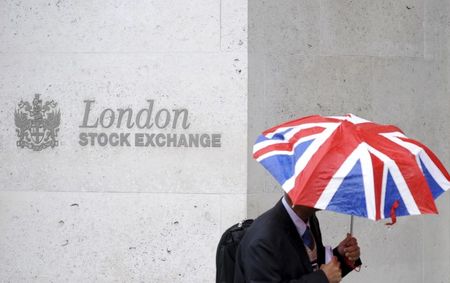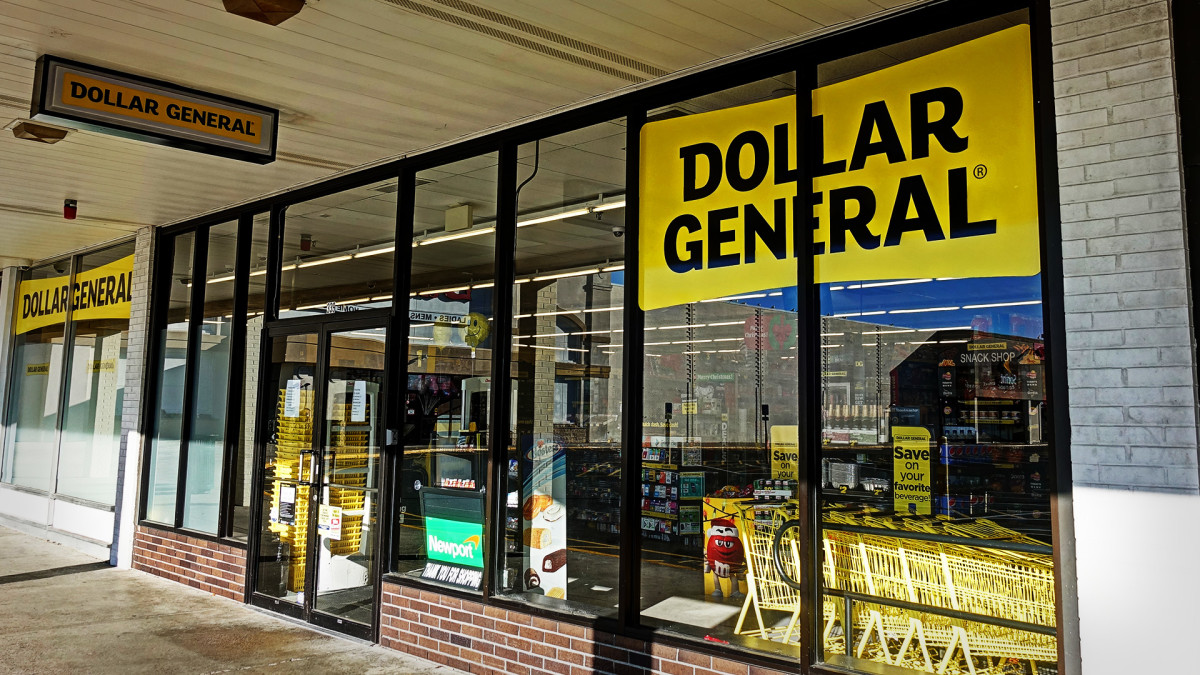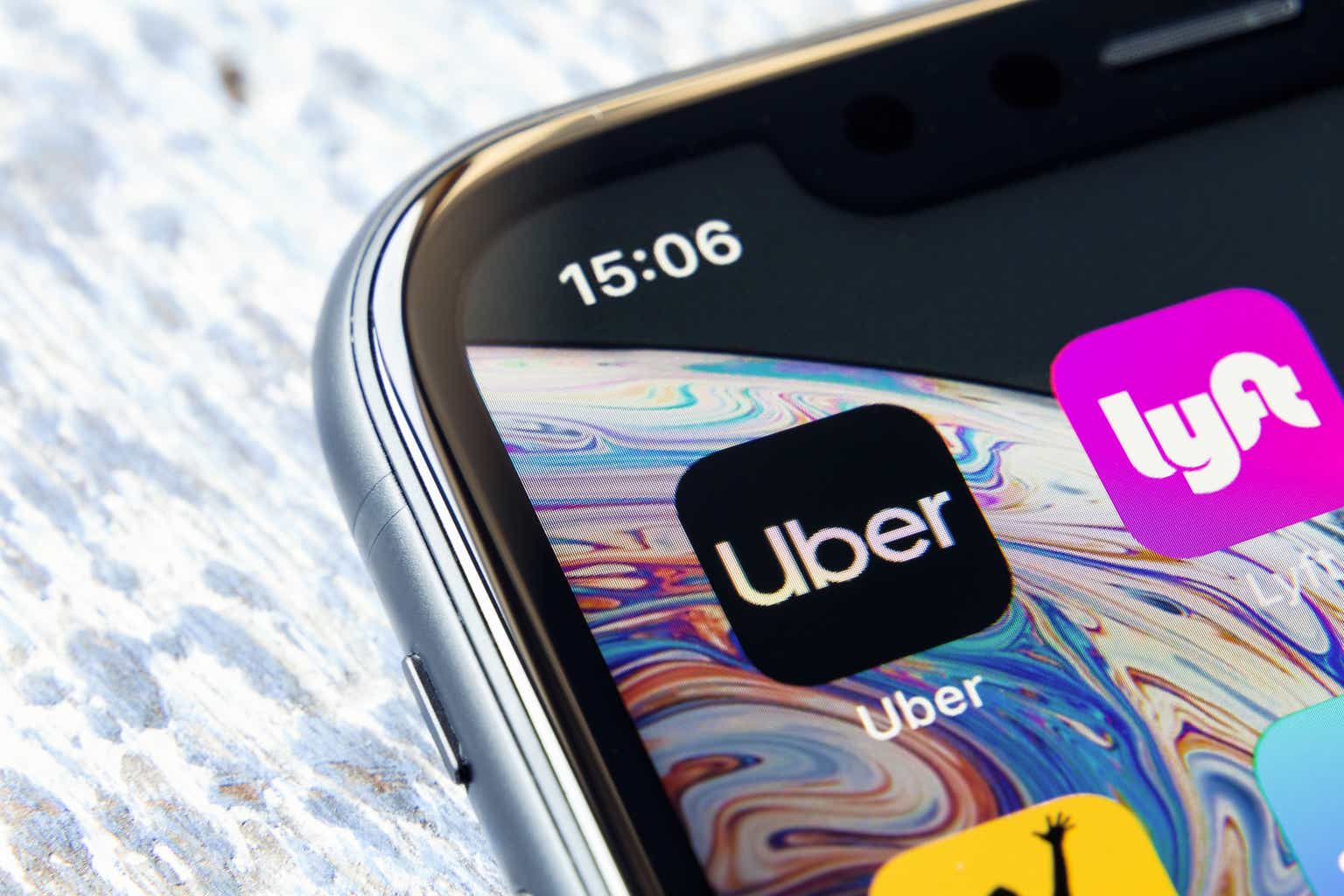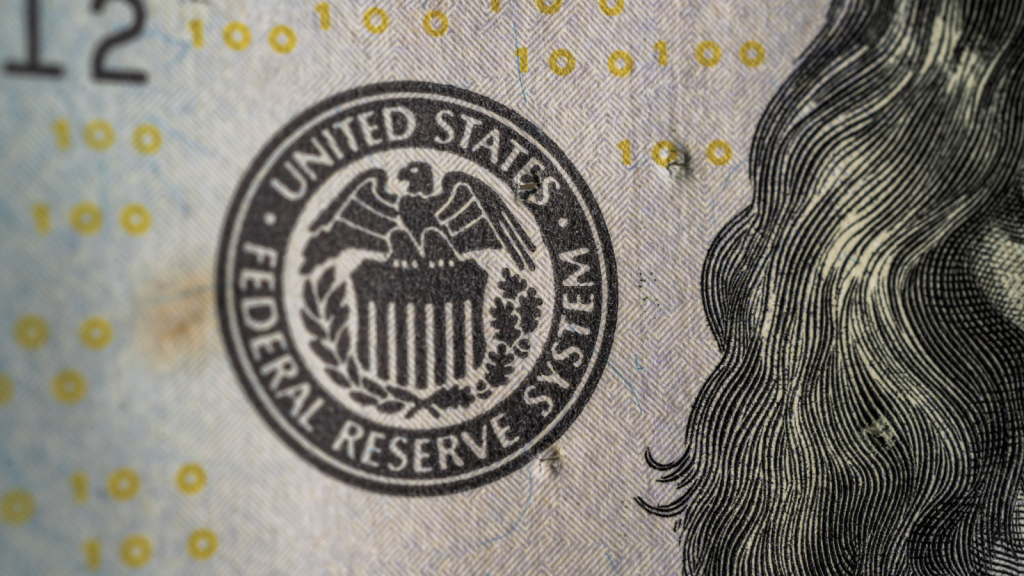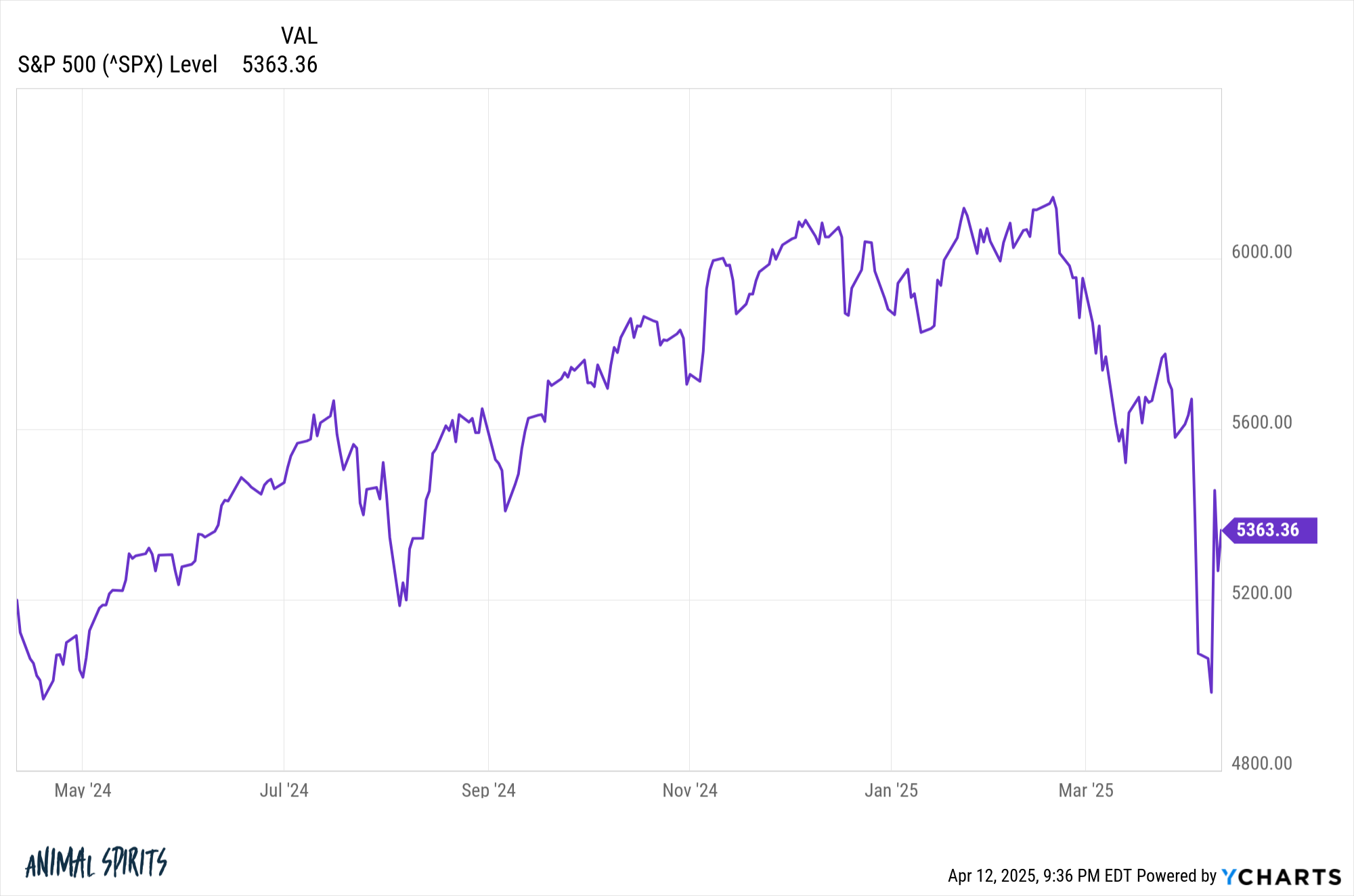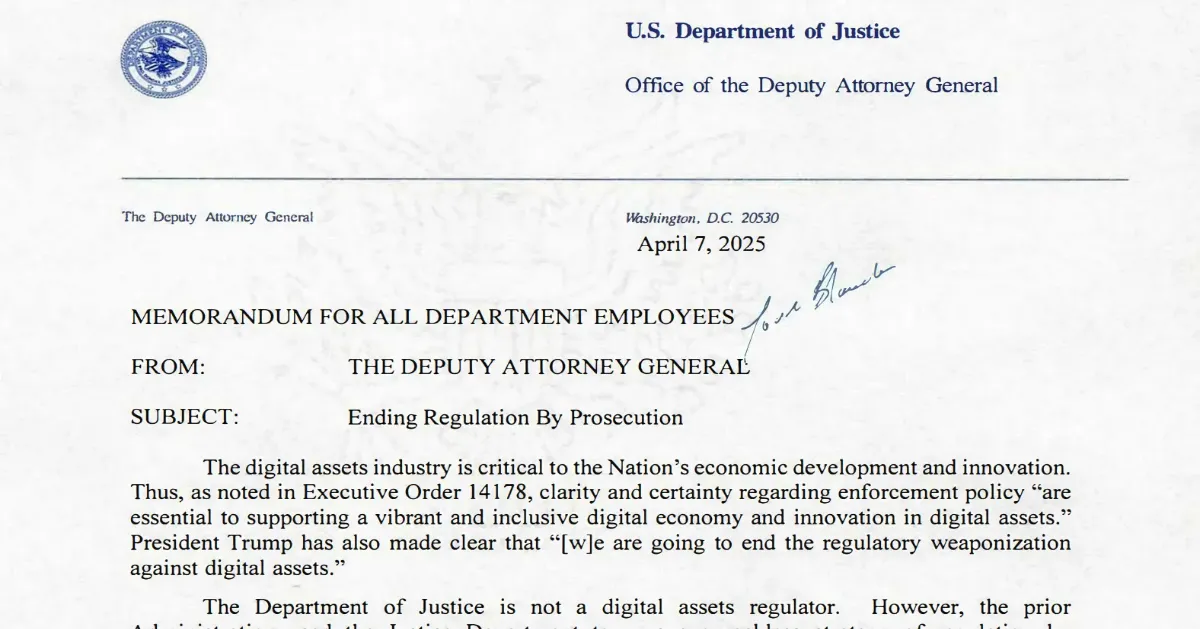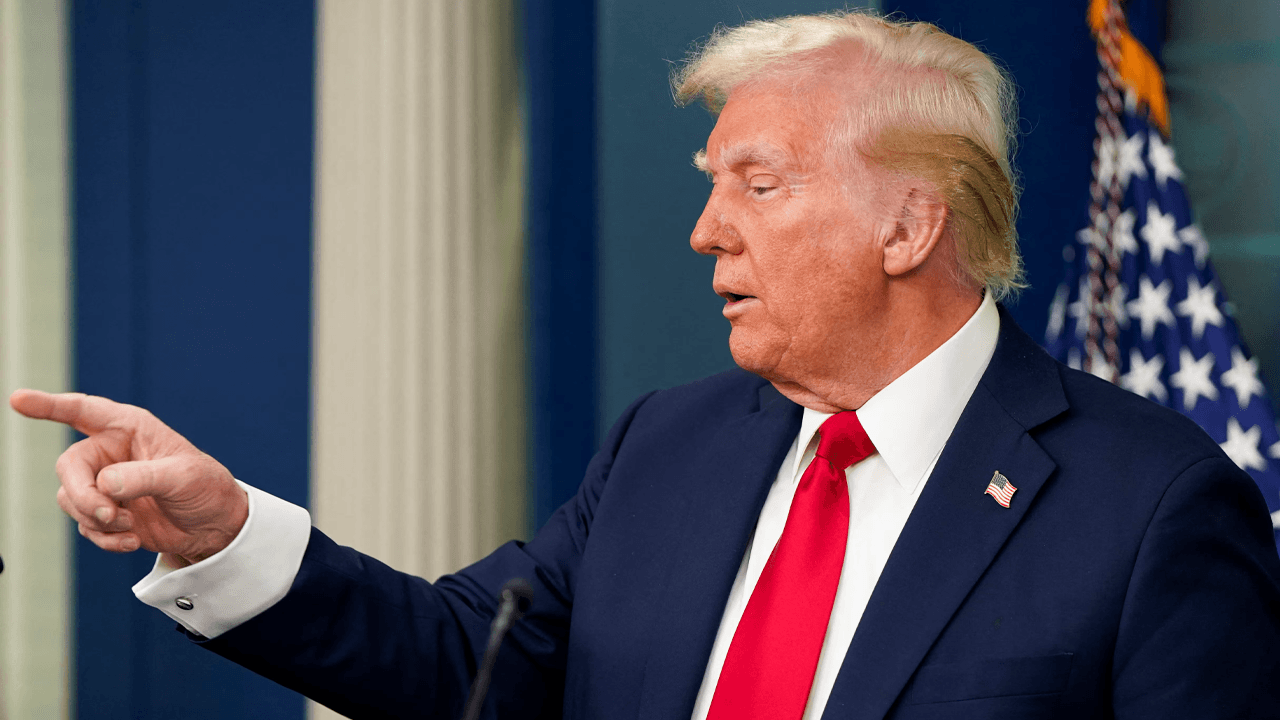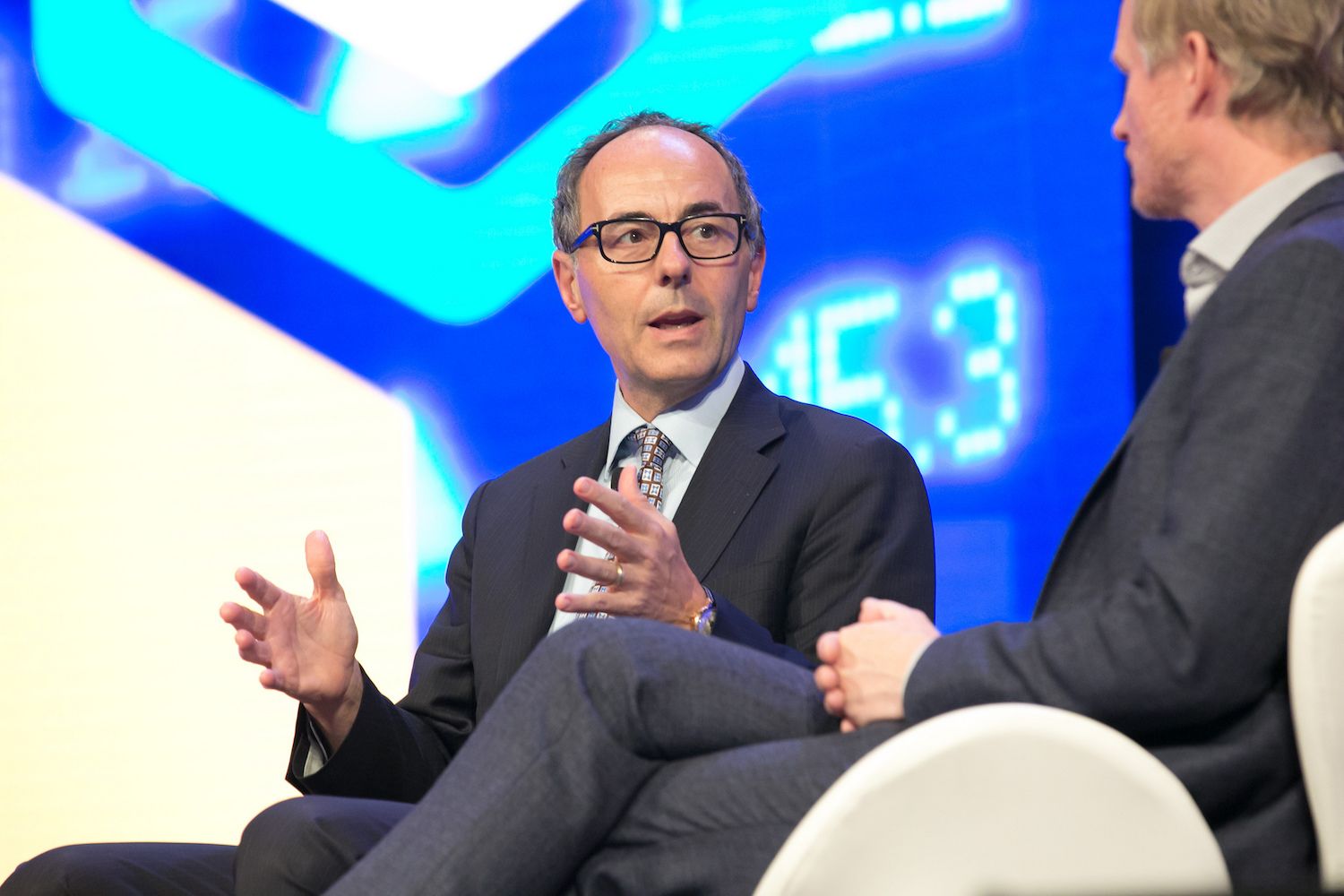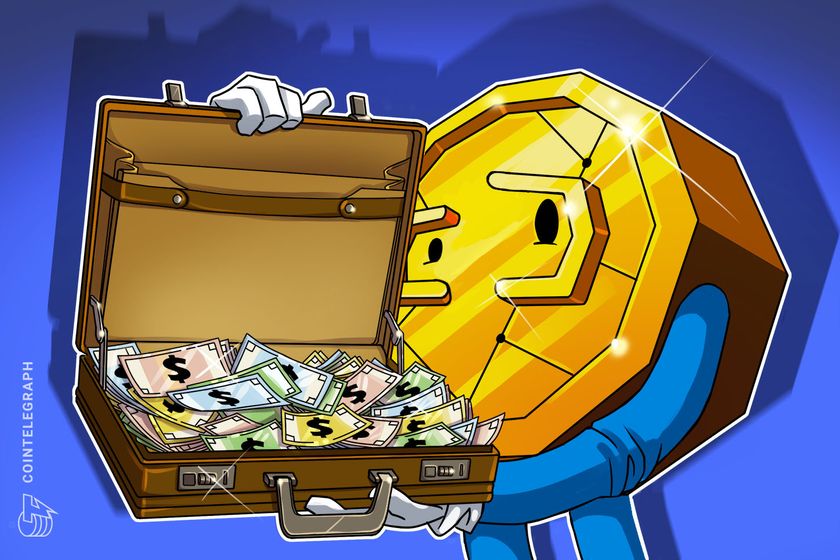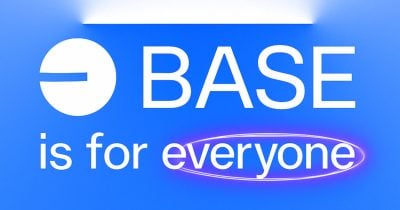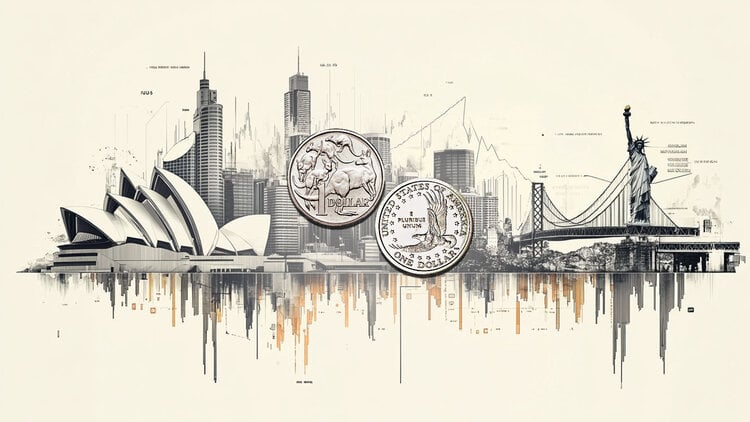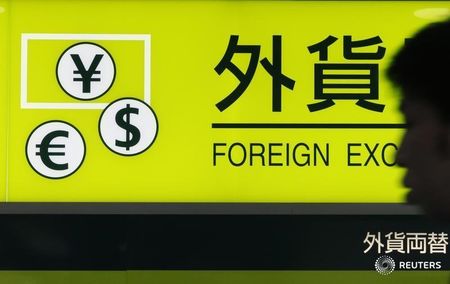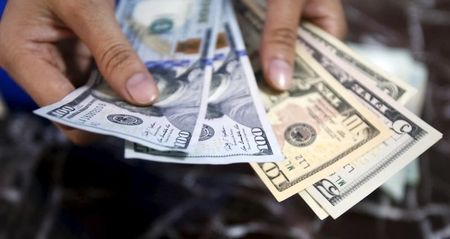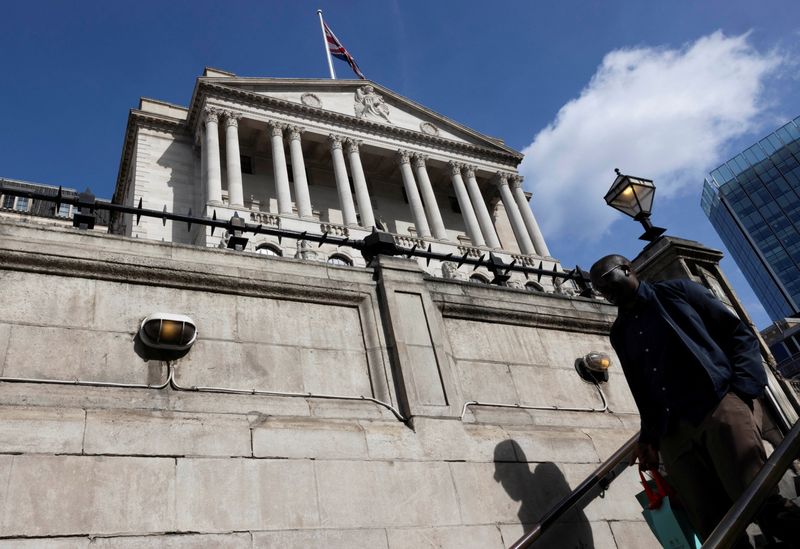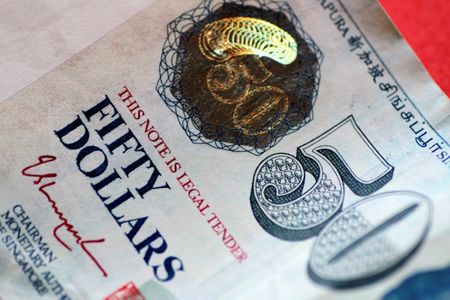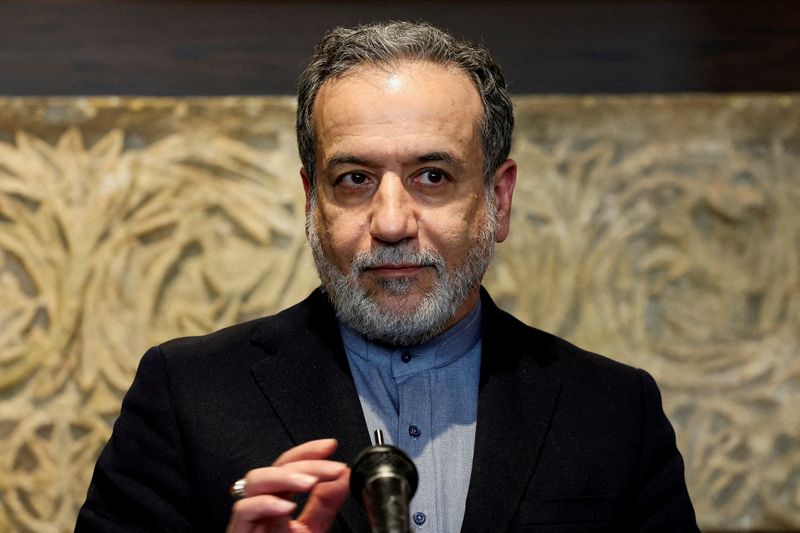With No Credit Card Debt And A$30k Bonus Coming What Should I do?
What should you do with $30K if you have no credit card debt? A Reddit poster recently started a thread asking this question. The poster is soon getting a $30,000 bonus. Since he doesn’t have high-interest debt to pay off, he’s not sure how to maximize the money. He explained that he has $10,000 in […] The post With No Credit Card Debt And A$30k Bonus Coming What Should I do? appeared first on 24/7 Wall St..
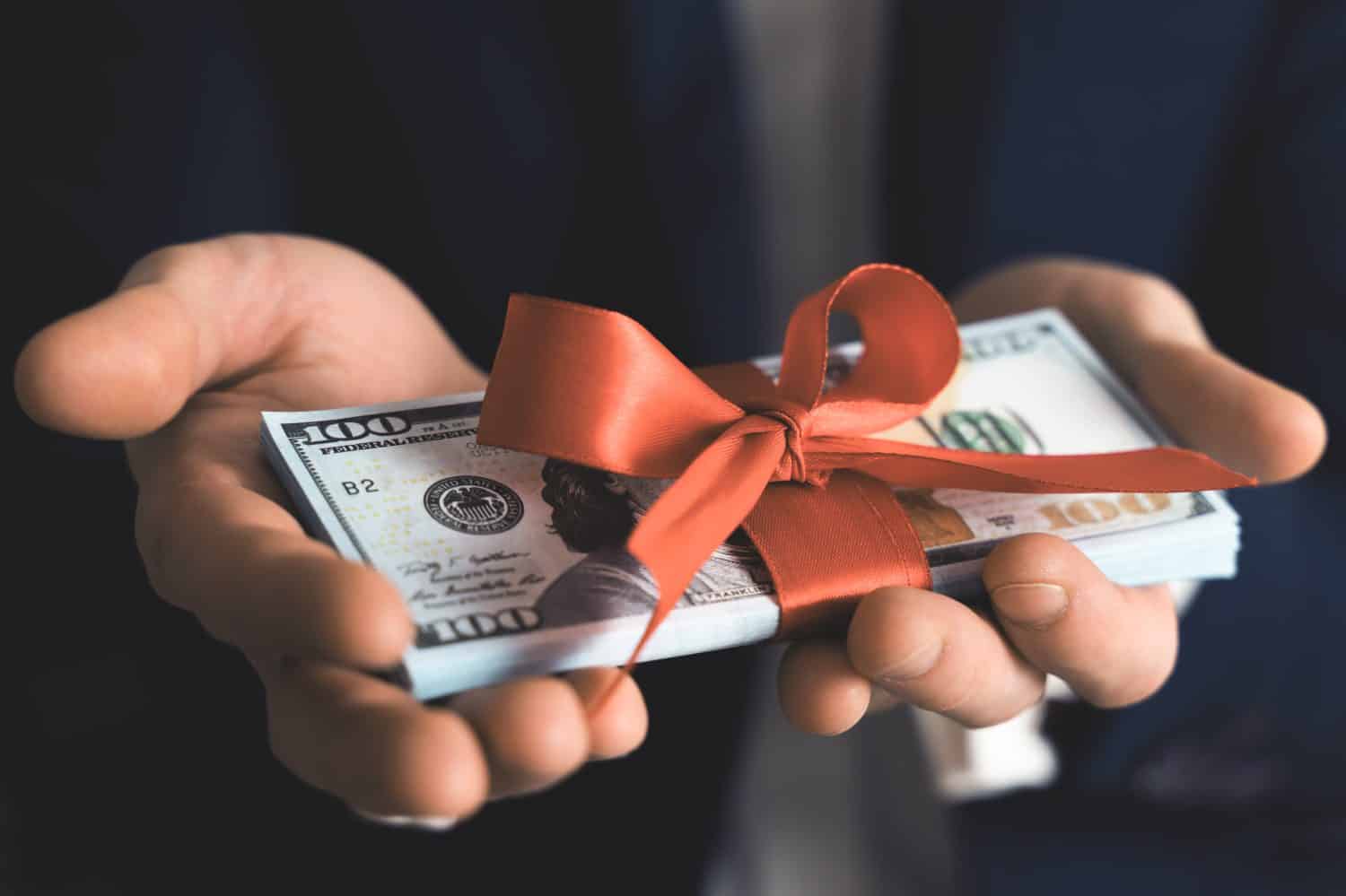
Key Points
-
A Reddit poster is trying to decide what to do with a $30K bonus.
-
He should focus on what will improve his wealth the most over the long-term.
-
Debt payoff and putting money into savings may be the best moves.
-
The right cash back credit card can earn you hundreds, or thousands of dollars a year for free. Our top pick pays up to 5% cash back, a $200 bonus on top, and $0 annual fee. Click here to apply now (Sponsor)
What should you do with $30K if you have no credit card debt? A Reddit poster recently started a thread asking this question. The poster is soon getting a $30,000 bonus. Since he doesn’t have high-interest debt to pay off, he’s not sure how to maximize the money.
He explained that he has $10,000 in savings right now, and invests 20% of each paycheck into his 401(k). He has a truck with a loan that has a $22,000 balance at 5.04% interest, and he’s thinking about paying off the truck and then putting the remaining money from his bonus into his savings account. However, he’s not sure if he should do something else, such as put the money into the stock market.
So, what’s the best approach for him?
How to decide what to do with a $30,000 bonus check?
When you get a large bonus check, the best thing to do with it is going to depend on your financial needs. If you do have credit card or high-interest debt, paying that off first should be the top priority because you don’t want to get stuck paying a fortune to your lenders for the privilege of borrowing.
Once you’ve got that high-interest debt paid off, the next best thing to do with extra money is to make sure you’re maxing out your 401(k) match if one is offered to you. You don’t want to leave any free money on the table, so you should always try to contribute the full amount needed to earn all the employer contributions available. If you aren’t doing that yet, bonus money could help.
Since the Reddit poster is contributing 20% of his income to his 401(k), it seems like he’s in a good position with this. So, he’s right to feel like his choices are paying off the car loan or putting money into savings.
Since he already has a pretty decent amount invested for emergencies here, he’s likely correct that the car loan payoff should be prioritized. There’s very little reason to put the entire $30K into a savings account and have $40K sitting there when he has a car loan at 5.04% — especially since even the best high-yield savings accounts aren’t consistently going to provide that much interest.
Putting the remaining money after the car loan is paid off into savings may also make good sense, because while $10K is a good amount, it may not be enough to cover three to six months of the poster’s living expenses. It’s a good idea to make sure your rainy day fund has at least that much in it to see you through longer-term emergencies such as extended unemployment — especially given that there’s a threat of a recession.
Once he’s debt-free and his emergency account is fully funded, which this bonus can go a long way towards helping him make happen, then he can start to focus on investing for the future and potentially saving for short-term goals such as a home purchase.
Always focus on improving your net worth over the long haul

When you get a big bonus like this Redditor did, it’s smart to always focus on what’s going to have the biggest positive impact on your wealth-building efforts. Getting rid of expensive debt is a good option to maximize your ROI on the money, and so is making sure you’re prepared for emergencies to stay out of debt in the future when surprise expenses happen.
Working with a financial advisor to define and prioritize goals can also help you make the most of any bonuses or windfalls you get. A financial professional can help you to maximize the opportunities available to you for wealth-building by helping you see the big picture.
Since the poster has no credit card debt, it’s also worth looking at why. If he uses a rewards card and pays off the balance in full each month, that’s a great thing! But if he’s avoiding a credit card for no clear reason, despite his responsible spending habits, he could be leaving rewards on the table.
If it doesn’t already have a great cash back card, he should start looking for one ASAP. He can use the card for everyday purchases, pay off the balance in full, and grow his wealth thanks to the rewards earned. While his $30K bonus may be a one-time thing, or an annual thing, depending on its source, the rewards that you earn from credit cards can come in steadily for years to come, helping you to shore up your finances as long as you’re using your cards responsibly.
The post With No Credit Card Debt And A$30k Bonus Coming What Should I do? appeared first on 24/7 Wall St..
